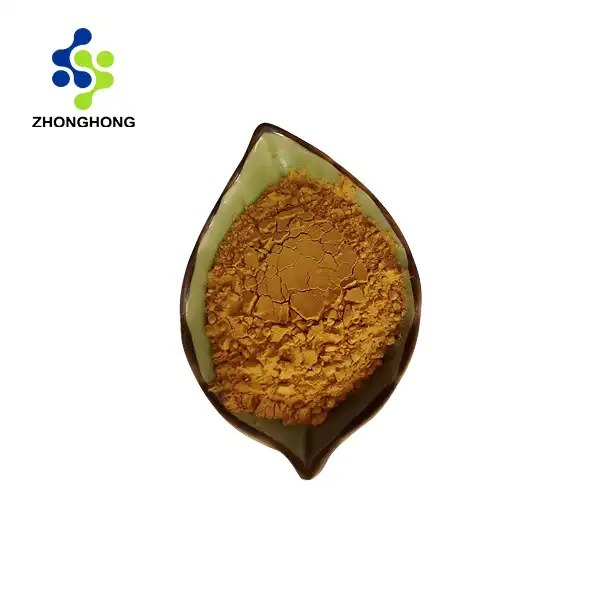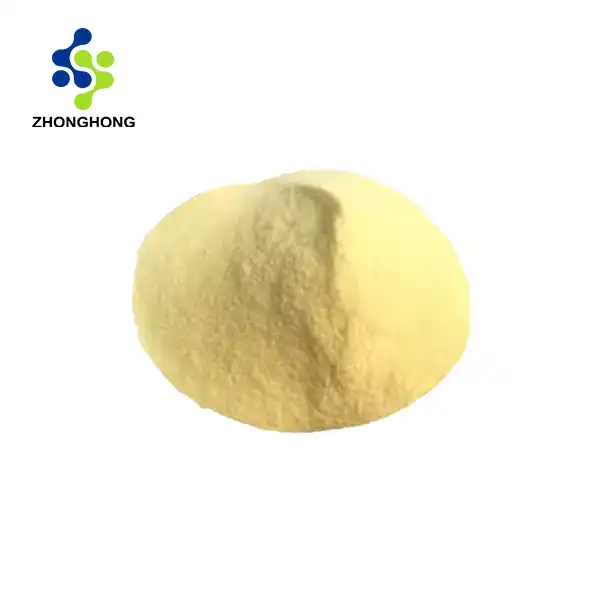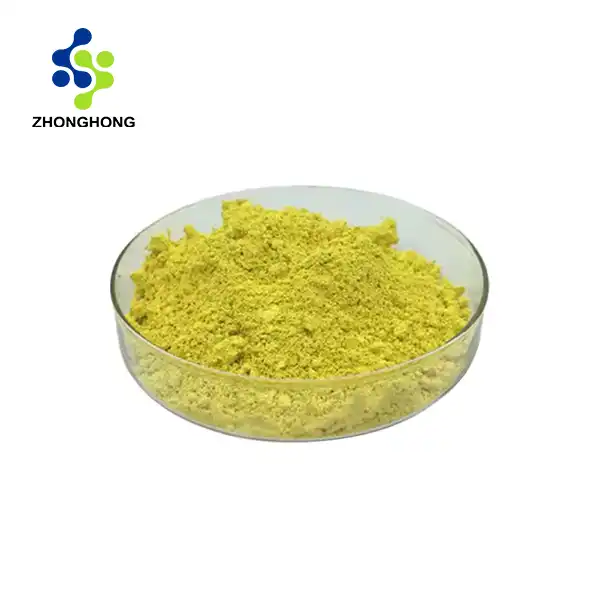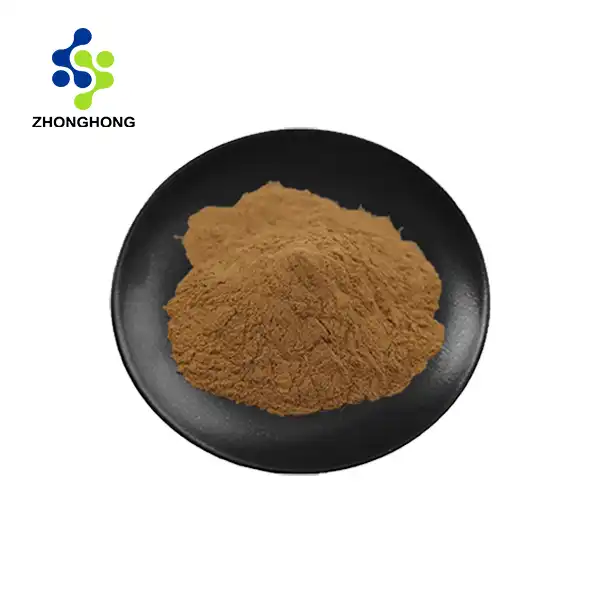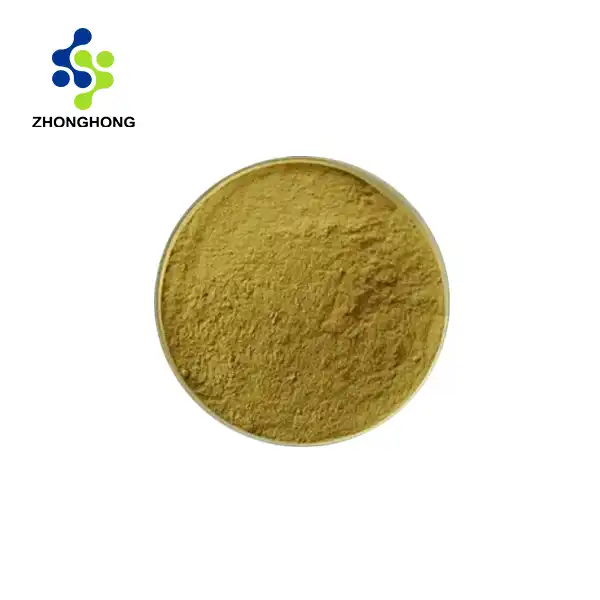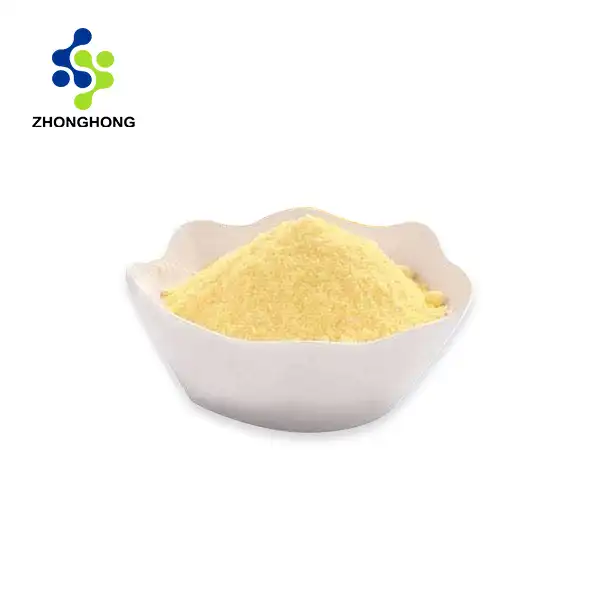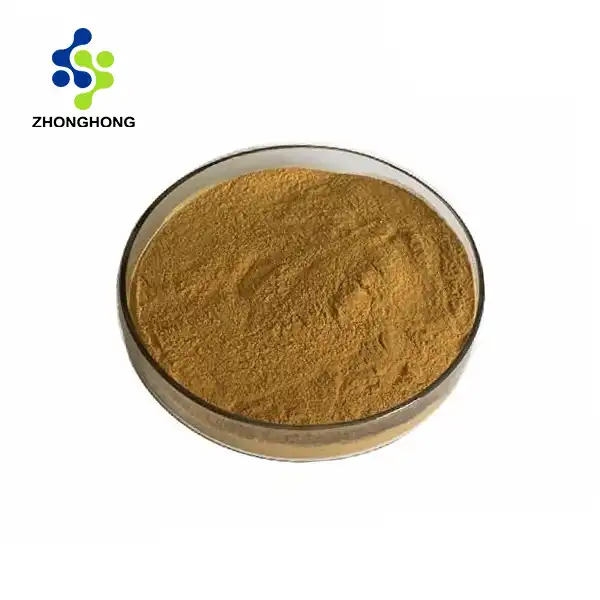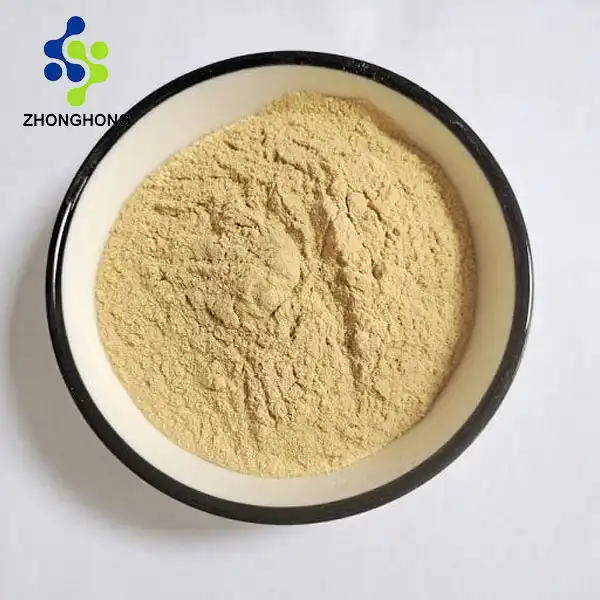Nattokinase vs. Other Supplements: Which Is Best?
2024-12-21 19:50:50
In the world of cardiovascular health supplements, nattokinase has emerged as a powerful contender. This enzyme, derived from fermented soybeans, has garnered attention for its potential blood-thinning and clot-dissolving properties. But how does it stack up against other popular supplements? This comprehensive guide delves into the nuances of nattokinase, comparing it with alternatives like serrapeptase and aspirin. We'll explore their mechanisms, benefits, and potential risks to help you make an informed decision about which supplement might be best for your blood health needs. Whether you're looking to support cardiovascular function or explore natural alternatives to conventional medications, this article will provide valuable insights into the world of blood health supplements.
Comparing Nattokinase and Serrapeptase
Origins and Mechanisms
Nattokinase and serrapeptase are both enzymes with potential cardiovascular benefits, but they come from different sources. Nattokinase is derived from natto, a traditional Japanese food made from fermented soybeans. It's produced by the bacterium Bacillus subtilis during the fermentation process. Serrapeptase, on the other hand, is isolated from the intestines of silkworms and is produced by the bacterium Serratia marcescens. The mechanisms of action for these enzymes differ as well. Nattokinase primarily works by dissolving fibrin, a protein involved in blood clot formation. It also enhances the body's own fibrinolytic system, which breaks down blood clots. Serrapeptase, meanwhile, is known for its anti-inflammatory properties and its ability to break down non-living tissues, such as blood clots and arterial plaque.
Efficacy in Cardiovascular Health
When it comes to cardiovascular health, both nattokinase and serrapeptase show promise, but the evidence for nattokinase is more robust. Studies have demonstrated that nattokinase can effectively reduce blood pressure, decrease blood viscosity, and improve circulation. A notable study published in the journal Hypertension Research found that nattokinase supplementation significantly reduced both systolic and diastolic blood pressure in subjects with prehypertension or stage 1 hypertension. Serrapeptase, while beneficial for reducing inflammation, has less direct evidence for cardiovascular benefits. Its effects on blood clots and arterial plaque are promising, but more research is needed to fully understand its impact on heart health.
Safety and Side Effects
Both supplements are generally considered safe when taken as directed, but they do come with potential side effects. Nattokinase may increase the risk of bleeding, especially in individuals taking blood-thinning medications. It's also not recommended for people with bleeding disorders or those about to undergo surgery. Serrapeptase is generally well-tolerated, but some users report mild side effects such as digestive discomfort or skin reactions. As with nattokinase, it may also increase the risk of bleeding when combined with blood-thinning medications.
Nattokinase or Aspirin: Pros and Cons
Mechanism of Action
Aspirin, a widely used over-the-counter medication, and nattokinase, a natural enzyme supplement, both have blood-thinning properties, but they work in different ways. Aspirin inhibits the production of thromboxane, a substance that promotes blood clotting. This action helps prevent the formation of new blood clots but doesn't actively break down existing ones. Nattokinase, on the other hand, has a dual action. It not only prevents clot formation but also actively dissolves existing clots by breaking down fibrin. This fibrinolytic activity sets nattokinase apart from aspirin and may make it more effective in certain scenarios.
Effectiveness and Applications
Aspirin has a long history of use in preventing heart attacks and strokes in high-risk individuals. Its effectiveness in secondary prevention (preventing a second heart attack or stroke) is well-established. However, recent studies have questioned its role in primary prevention for people without a history of cardiovascular events, due to the increased risk of bleeding. Nattokinase shows promise in both preventing and treating cardiovascular conditions. A study published in Scientific Reports found that nattokinase supplementation reduced carotid artery thickness and improved blood flow, suggesting potential benefits for atherosclerosis. Another study in the Journal of Hypertension demonstrated nattokinase's ability to lower blood pressure, a key risk factor for heart disease and stroke.
Side Effects and Considerations
Aspirin's main side effect is an increased risk of gastrointestinal bleeding. This risk increases with age and with higher doses. Aspirin can also cause allergic reactions in some individuals and may interact with other medications. Nattokinase generally has fewer side effects than aspirin. However, it can increase the risk of bleeding, especially when combined with other blood-thinning medications. It's also not recommended for people with bleeding disorders or those about to undergo surgery. Unlike aspirin, nattokinase doesn't cause gastrointestinal irritation, making it a potential alternative for those who can't tolerate aspirin.
Choosing the Right Supplement for Blood Health
Assessing Individual Needs
Choosing the right supplement for blood health is a highly individualized decision that should be made in consultation with a healthcare provider. Factors to consider include your current health status, risk factors for cardiovascular disease, and any existing medical conditions or medications. If you're at high risk for heart attack or stroke and don't have a history of bleeding problems, your doctor might recommend aspirin. However, if you're looking for a natural alternative with potentially fewer side effects, nattokinase might be worth considering, especially if you're also concerned about blood pressure or circulation. For those dealing with chronic inflammation or fibrous tissue issues, serrapeptase could be beneficial. However, its effects on cardiovascular health are less well-established compared to nattokinase or aspirin.
Combining Supplements
In some cases, combining supplements may offer synergistic benefits. For example, some studies have explored the combination of nattokinase and serrapeptase for enhanced cardiovascular support. However, it's crucial to approach combination therapy cautiously and under medical supervision, as it can increase the risk of side effects or interactions. Combining nattokinase or serrapeptase with aspirin or other blood-thinning medications should be done only under close medical supervision due to the increased risk of bleeding.
Lifestyle Considerations
While supplements can play a valuable role in supporting blood health, they should be viewed as part of a comprehensive approach to cardiovascular wellness. A heart-healthy diet rich in fruits, vegetables, whole grains, and lean proteins provides essential nutrients that support blood vessel function and overall cardiovascular health. Regular exercise is another crucial component of blood health. Physical activity helps improve circulation, maintain healthy blood pressure, and reduce inflammation. For most adults, the American Heart Association recommends at least 150 minutes of moderate-intensity aerobic activity or 75 minutes of vigorous aerobic activity per week. Stress management techniques such as meditation, yoga, or deep breathing exercises can also contribute to better blood health by helping to regulate blood pressure and reduce inflammation.
Conclusion
Choosing the right supplement for blood health involves careful consideration of individual needs, potential benefits, and risks. While nattokinase shows promising benefits for cardiovascular health, it's essential to consult with a healthcare provider before starting any new supplement regimen. Remember, supplements should complement, not replace, a healthy lifestyle for optimal blood health. If you want to get more information about this product, you can contact us at liaodaohai@gmail.com.
References
1. Jensen, G. S., et al. (2016). Nattokinase: A Promising Alternative in Prevention and Treatment of Cardiovascular Diseases. Cardiovascular Therapeutics, 34(5), 323-329.
2. Kurosawa, Y., et al. (2015). A single-dose of oral nattokinase potentiates thrombolysis and anti-coagulation profiles. Scientific Reports, 5, 11601.
3. Ren, N., et al. (2017). Nattokinase: A Promising Alternative in Prevention and Treatment of Cardiovascular Diseases. Biomedical Reports, 6(5), 491-496.
4. Sumi, H., et al. (1987). A novel fibrinolytic enzyme (nattokinase) in the vegetable cheese Natto; a typical and popular soybean food in the Japanese diet. Experientia, 43(10), 1110-1111.
5. Weng, Y., et al. (2017). Nattokinase: An Oral Antithrombotic Agent for the Prevention of Cardiovascular Disease. International Journal of Molecular Sciences, 18(3), 523.
6. Wu, H., et al. (2019). Nattokinase: A Promising Alternative in Prevention and Treatment of Cardiovascular Diseases. Biomedicine & Pharmacotherapy, 118, 109337.
_1728976869676.webp)
